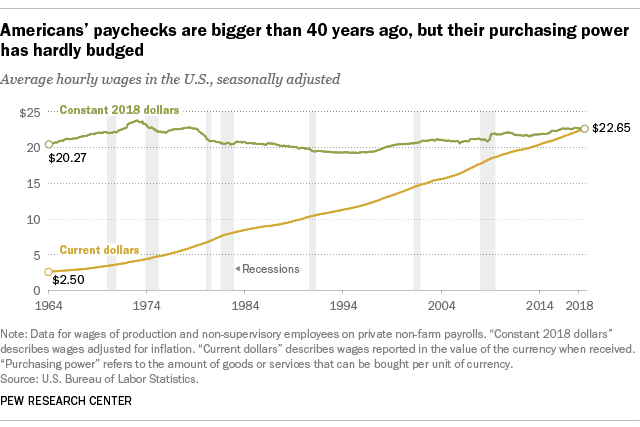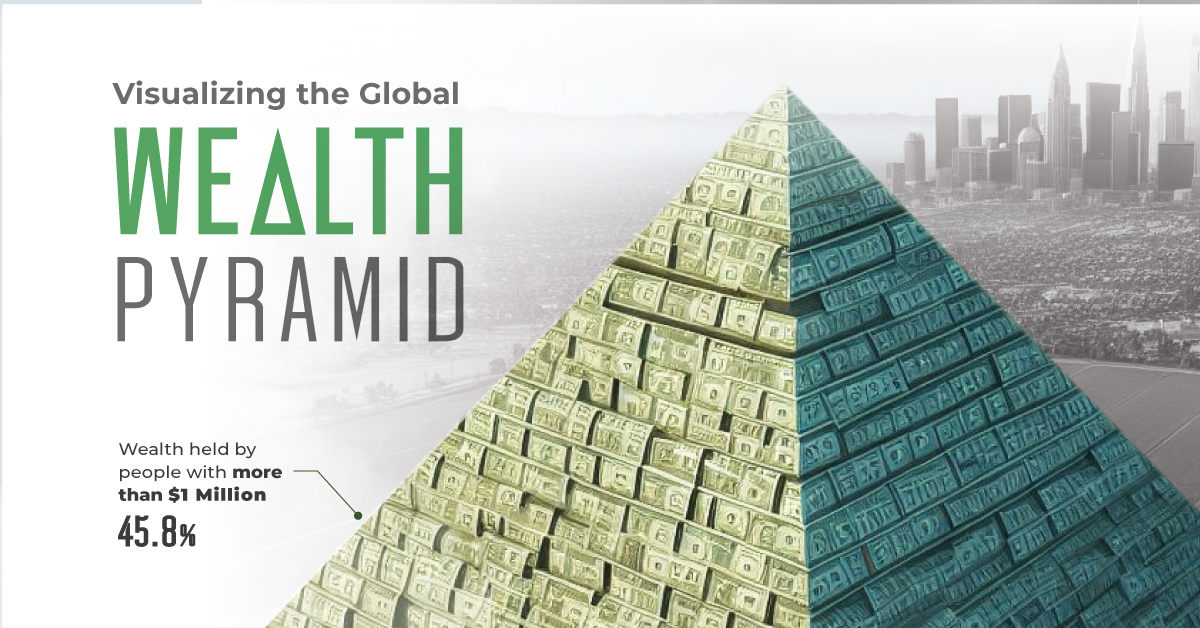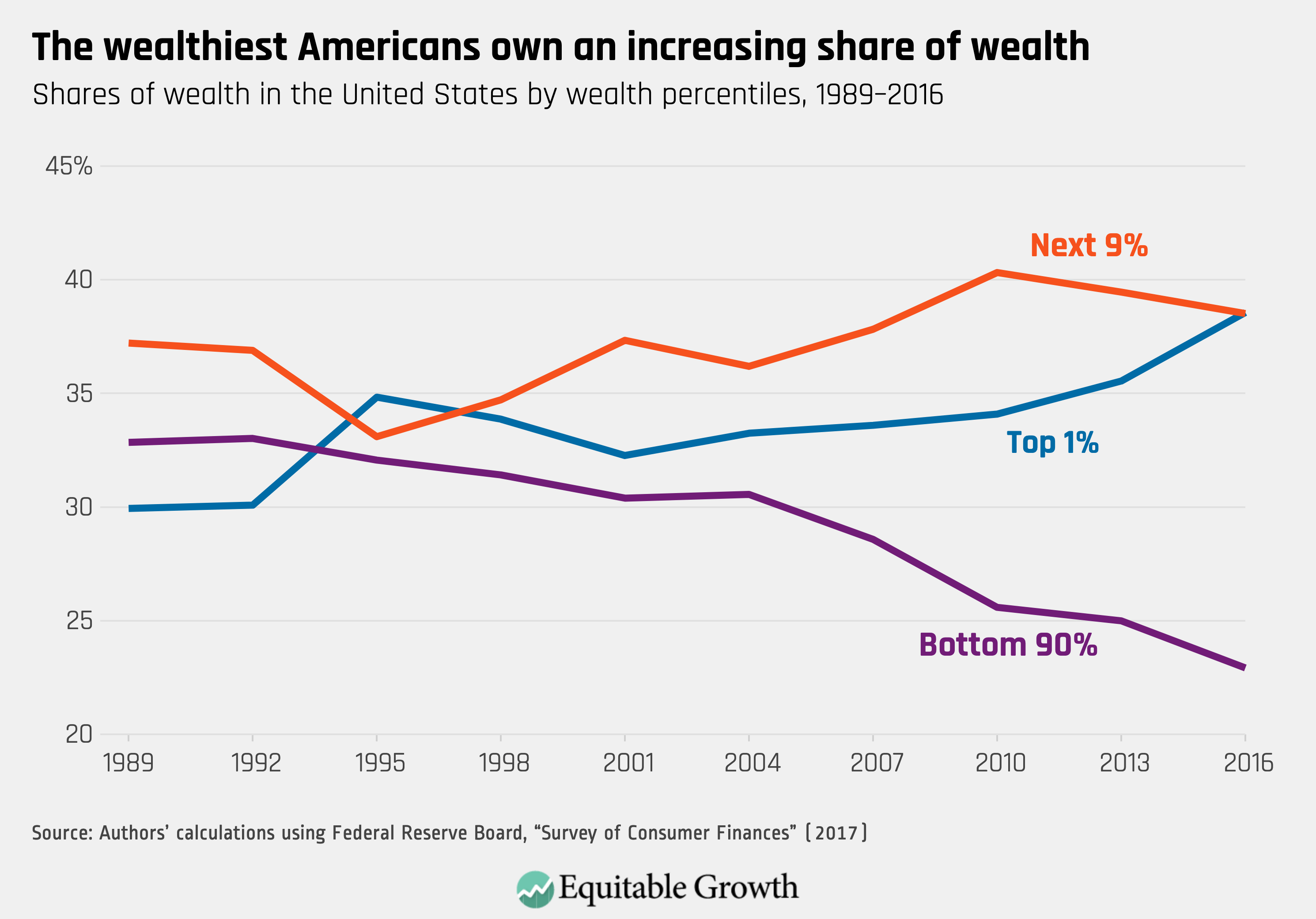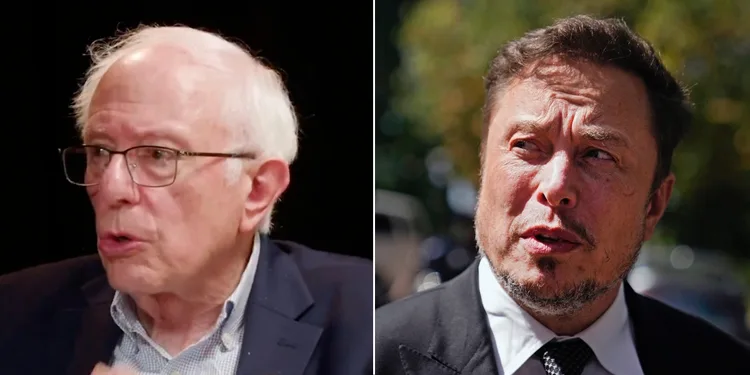I was just thinking about wealth inequality in this country and the vast gulf that exists between billionaires and the rest of us. I was also thinking about arguments against the estate tax, and how people think it's morally wrong to tax people's inheritances.
So, I wanted to do the math to see how long a billion dollars can last.
Imagine a billionaire that dies and leaves his two kids his estate of exactly $1 billion in a trust fund. Furthermore, let's assume that the trust fund rations out $100,000 per year to live off of. This is $100,000 without tax, mind you, which is enough to be in the top few percent of income, without working.
If each kid lives to be 80 years old on average, that's $8 million over a lifetime.
The same offer is made to any kids that the billionaire's kids have, and so on.
For the sake of argument, let's say that on average, each kid has 2 kids of their own, and the generations are on average 20 years apart.
Finally, let's assume that the trust fund earns enough interest to exactly match inflation (which is extremely conservative).
So, generation 1 will use 16 million (8 for each kid)
Generation 2 will have 4 members and use 32 million
Generation 3 will have 8 members and use 64 million
Generation 4 will have 16 members and use 128 million (we're at $240 million total so far)
Generation 5 will have 32 members and will use 256 million (at $496 million total)
Generation 6 will have 64 members and won't have the $512 million left over, but they will have $504 million, which is close enough for my tastes. Each member of this generation gets $98,400 per year and closes out the fund.
That means when generation 6 is born 120 years later, they can live comfortably until their deaths at 80, 200 years after the trust fund was started.
That's 126 people over 200 years that lived upper middle class lifestyles without having to work a single day of their lives. And I guarantee you they will have some kind of false sense of accomplishment about having earned that money.
There are over 500 billionaires in the USA today, each one of them can sustain their families for centuries for each billion that they have. Some of them have tens of billions, meaning they could sustain their families for thousands of years. Thousands of years of people all born on the summit of a mountain, thinking that they climbed it.
I'm not sure I have a point with all of this, I just wanted a place to put down my musings on exactly how big a billion dollars is.

nevadasportsnet.com








